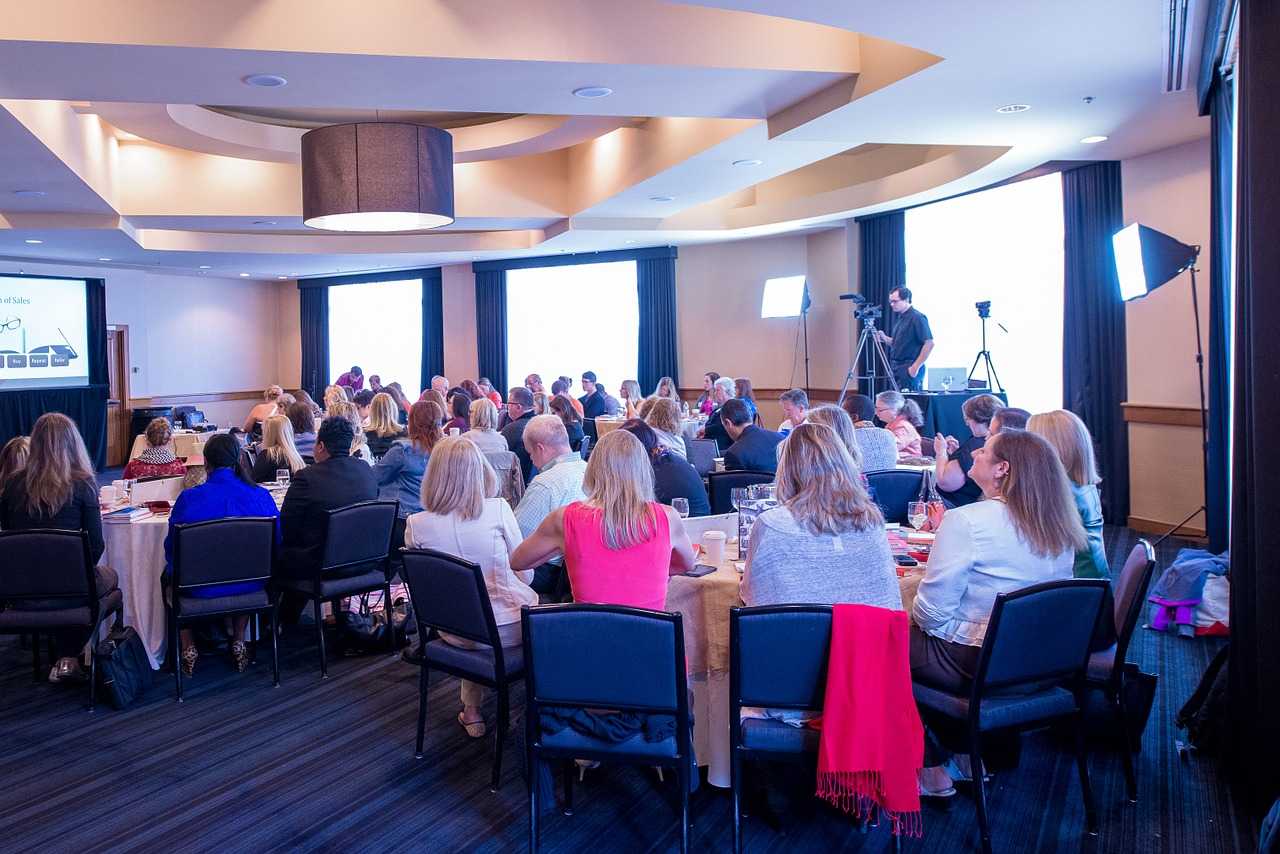Using crowdsourcing and focus groups to gauge audience preferences
8/20/2014

Wednesday, Aug. 20, 2014;
Secrets of Success
About building a more profitable business...
By Ronn Levine
Should niche publishers be using more crowdsourcing and focus groups? Two articles make a good argument. Alexandra Alter of The New York Times recently wrote about Swoon Reads, a new young-adult imprint of Macmillan Publishing that's using crowdsourcing to select the titles they publish.
"The fans and the readers are more in touch with what can sell," said Jean Feiwel, senior VP of the Macmillan Children's Publishing Group, who developed the idea in 2012. "They're more at the pulse of these things than any of us can be."
The Swoon Reads site has 10,000 registered users. Those users rate the novels from 1 to 5 hearts and vote on audiobook narrators (after hearing clips), book covers and the cities the authors will visit. On the site now there's a book titled 5:48 by Chloe Cheng that has received 62 comments and five hearts. Then there's the Swoonworthy choices that you can preorder—it even gives you the "Manuscript Status" like "In copyediting."
The head of that Macmillan publishing group calls this "X Factor or American Idol meets publishing." Sandy Hall, the featured author in the article, said, "Having it tested online, you can really tailor it to what people want to read. It gives you a little more confidence." Alter also points out that the well-known author Walter Isaacson has posted a chapter from his new book The Innovators on the website Medium to get readers' reactions.
Of course, testing is already a huge part of the B2B equation, but that's impersonal. And many of us tend to sit back and wait for the analytics. I wrote about the Google News Publisher Center last week and was happy to see many hits on that link. But is that the best way to find out what members are most interested in?
The second article came from my Rutgers Alumni Magazine and focused on Kevin Goetz, CEO of Screen Engine, an entertainment market-research firm that's a leader in conducting test screenings. According to Allan Hoffman's article, hundreds of movies a year are screened by Goetz in their early form before test audiences—and then 20 people stick around for a focus group. He then meets with the producer or director—might be a James Cameron (Titanic), Danny Boyle (Slumdog Millionaire) or Ron Howard—to deliver the verdict.
"People have worked years on this movie, and in one evening an audience response can just speak the truth," Goetz said. "...I have to act not only as a researcher, but also, in many ways, more like a friend, consigliere, confessor, priest, and doctor. I have to give a diagnosis and prognosis."
Obviously, these are entertainment entities, so focus groups are more than happy to partake. But with more niche publishers conducting live events, I wonder if they should be trying to get key audience members together for a chat session. What could you be doing more of to get in their everyday workflow? What's their biggest need? How do they interact with your information and events?
Joe May from Pro Farmer once spoke to me about "getting out and meeting our members [at regional events]; they're very loyal to our product so it's easy to start a conversation. For me being new to the company and industry, it's good to hear what they have to say."
Goetz gives his clients a 40-page report within 24 hours of a screening. Immediacy is so coveted these days. "I try to guide the filmmaker to arrive at the right answer," he said. We talk so much about engagement—usage reports are becoming more standard—but that's more responding to what we do. In these instances, the idea is to go to the audience first and then shape the product to their wishes.
Are we willing to cede that control? Let's see—Goetz recently made a six-figure gift to Rutgers' Mason Gross School of the Arts. He has been successful because the films he screens have turned out successful.
